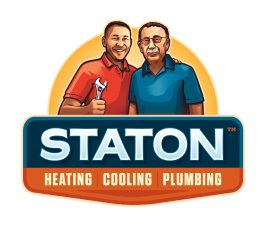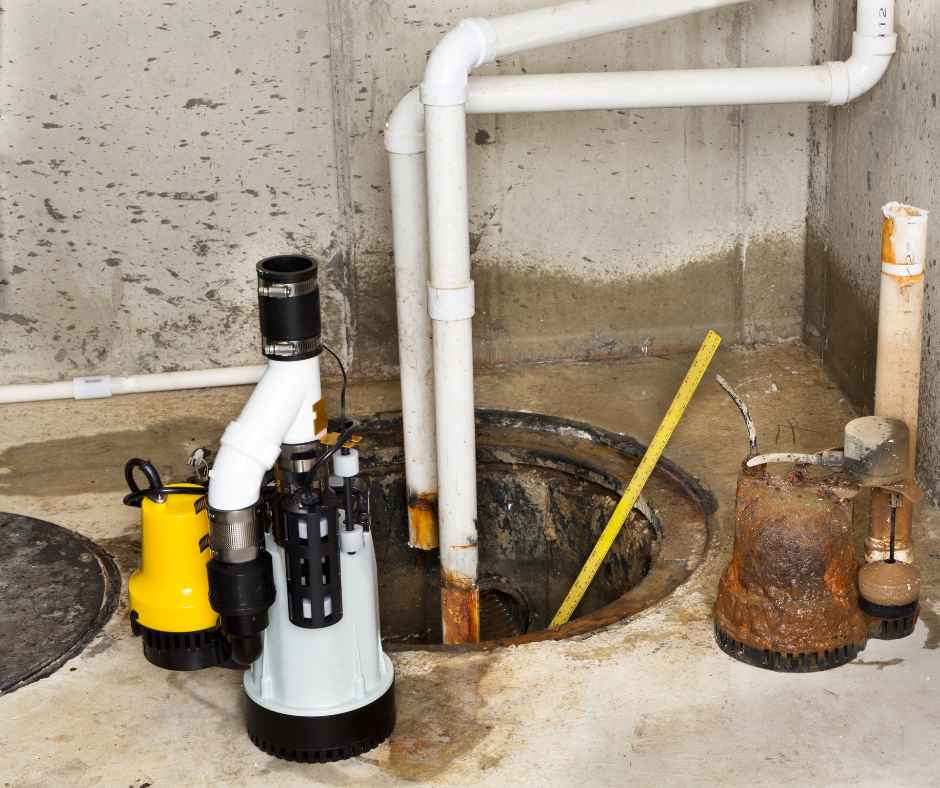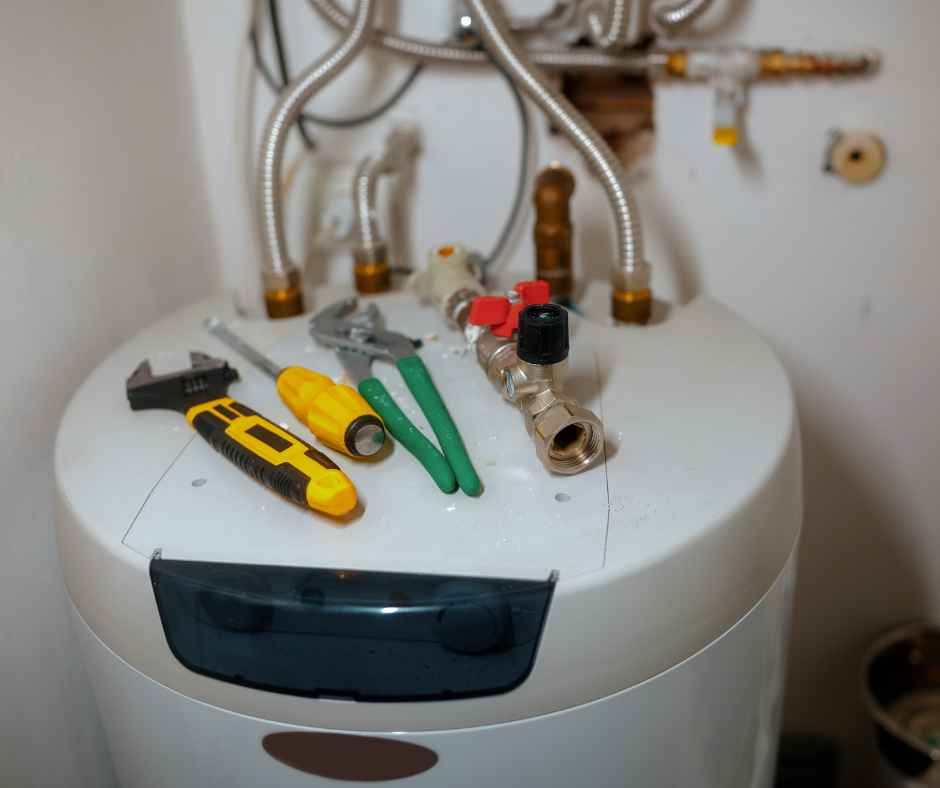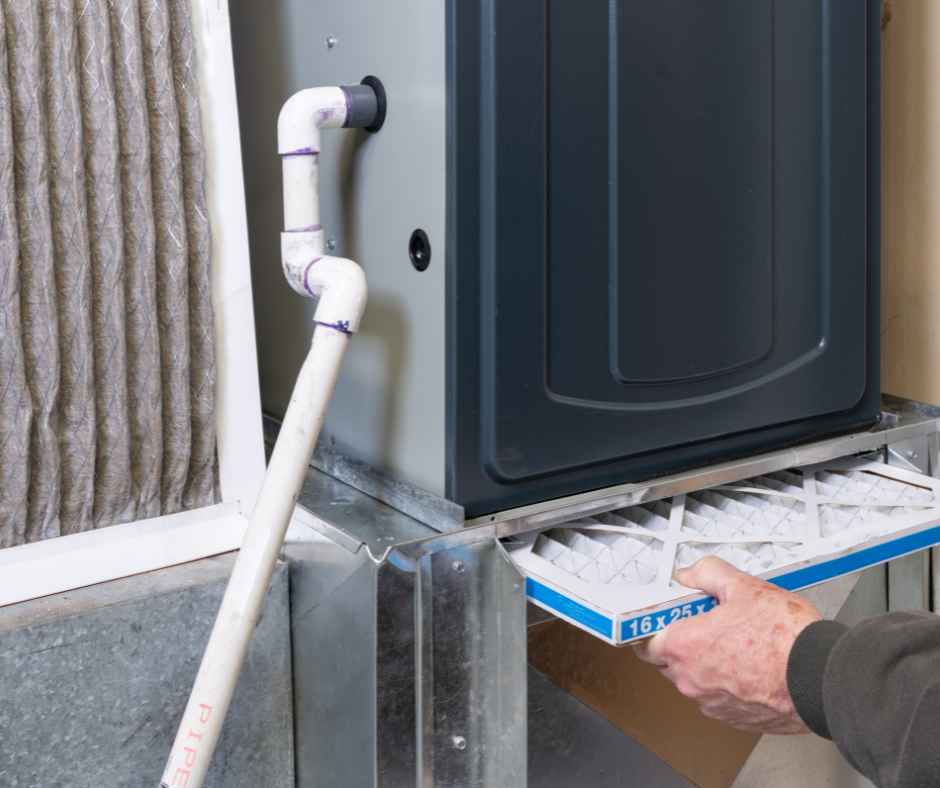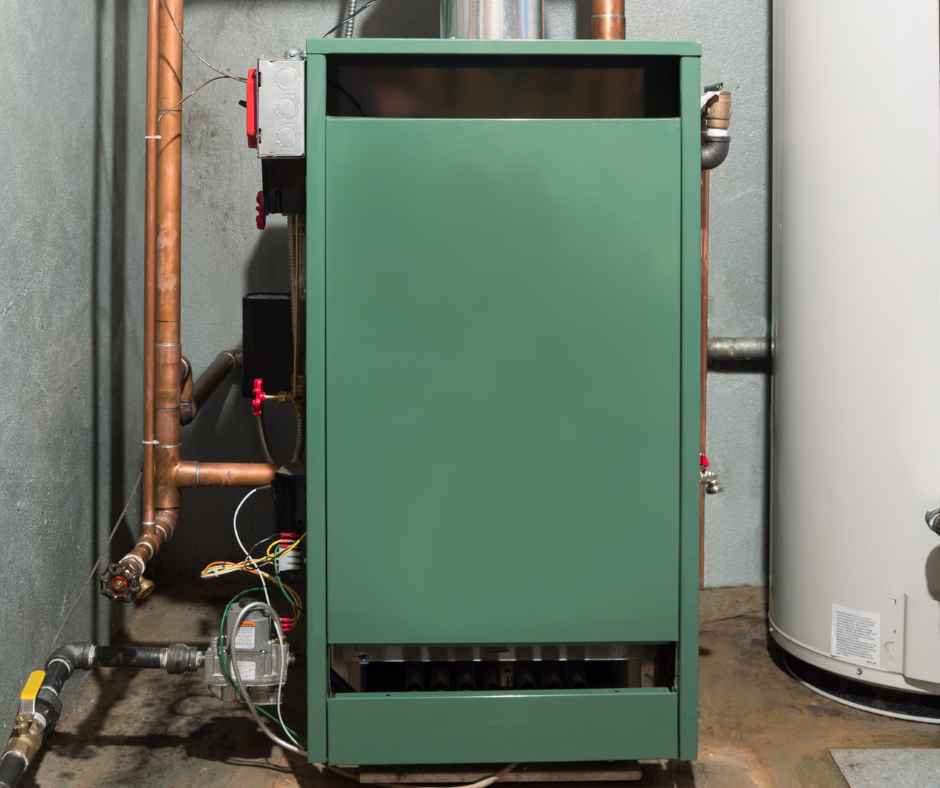0% APR Plus No Payments for 12 Months
on Select New Plumbing & HVAC Systems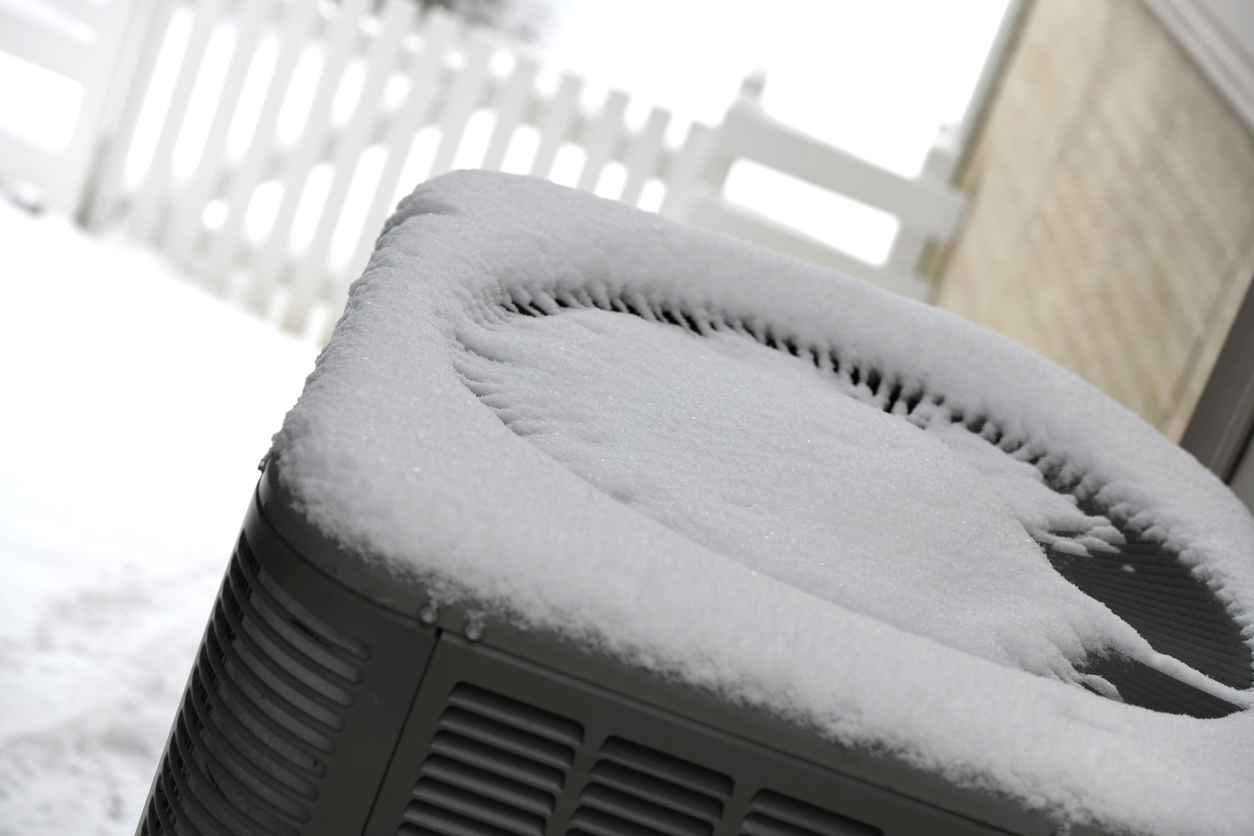
How Does a Heat Pump Work in Winter?
Winter is unforgiving, and your need for reliable heating is a cold, hard fact. Among the options available, heat pumps have emerged as a practical solution for keeping your space warm. But what’s the science behind their winter performance?
In this blog, Staton will discuss the inner workings of heat pumps during the winter season, explaining the technology that keeps the cold at bay and the warmth inside. Keep reading to understand the science behind this innovative heating system and discover the secrets of its winter performance.
How a Heat Pump Works in Cold Weather
Heat pumps are incredibly versatile systems that work efficiently even in cold weather. Whether it’s the dead of winter or a chilly autumn evening, a heat pump can keep your home warm. Here’s how they work in cold weather:
- Refrigerant Circulation: Heat pumps operate on a closed-loop refrigeration cycle, just like your refrigerator but in reverse. They use a special refrigerant fluid that circulates through a series of components.
- Absorbing Heat: Even in cold weather, there is still some heat in the outdoor air. The heat pump’s outdoor unit contains an evaporator coil, which is designed to absorb this heat from the outside air.
- Compression: The heat pump has a compressor that pressurizes the refrigerant, raising its temperature. This is where the “pump” aspect comes into play, as it pumps heat from the outdoor coil to the indoor coil.
- Indoor Heat Distribution: The heated refrigerant then flows into the indoor unit where it passes through a condenser coil. A fan blows indoor air over the coil, transferring the heat from the refrigerant to the air.
- Distribution to Living Spaces: The now warmed air is distributed throughout your home via a system of ducts or through a ductless mini-split system. This warm air keeps your home comfortable.
- Repeating the Cycle: The refrigerant, having given up its heat, returns to the outdoor unit to start the cycle all over again. This process repeats continuously, maintaining a comfortable indoor temperature.
Heat pumps are highly efficient even in cold weather because they can extract heat from the air at very low temperatures. Some models are designed to work efficiently even in sub-freezing conditions. In extremely cold climates, auxiliary heating elements (often electric resistance heaters) may be used to supplement the heat pump’s output, ensuring your home remains warm.
What are the Advantages of Heat Pumps?
Heat pumps offer several advantages that make them a popular choice for both heating and cooling in many homes and businesses. Here are some of the key advantages of heat pumps:
Energy Efficiency
Heat pumps are highly energy-efficient, as they move heat from one place to another rather than generating heat by burning fuel. This can lead to significant energy savings and lower utility bills, especially when compared to traditional heating and cooling systems.
Versatility
Heat pumps can provide both heating and cooling, which makes them a versatile year-round solution. They can efficiently heat your home in winter and cool it during the summer, eliminating the need for separate heating and cooling systems.
Environmentally Friendly
Heat pumps are a more environmentally friendly option because they don’t produce greenhouse gas emissions on-site. They rely on electricity, which can be sourced from renewable energy, further reducing their carbon footprint.
Consistent Comfort
Heat pumps offer consistent and even heating or cooling throughout your living spaces. They maintain a stable indoor temperature, eliminating the hot and cold spots that can occur with some other heating and cooling methods.
Zoning Capabilities
Ductless mini-split heat pumps allow for individualized zoning, which means you can control the temperature in different rooms or areas of your home separately. This can lead to further energy savings and personalized comfort.
Low Maintenance
Heat pumps typically require less maintenance compared to traditional heating and cooling systems. Regular filter cleaning or replacement and periodic professional check-ups are usually sufficient to keep them running smoothly.
Reliable Heat Pump Services in Central Maryland
In Central Maryland, Staton is your trusted partner for heat pump services. With our commitment to excellence and years of experience, we’re here to keep you warm in winter and cool in summer, all while saving on energy costs. Don’t settle for anything less than the best in home comfort. Contact us today, and let Staton be your go-to choice for reliable, expert heat pump services in Central Maryland.

